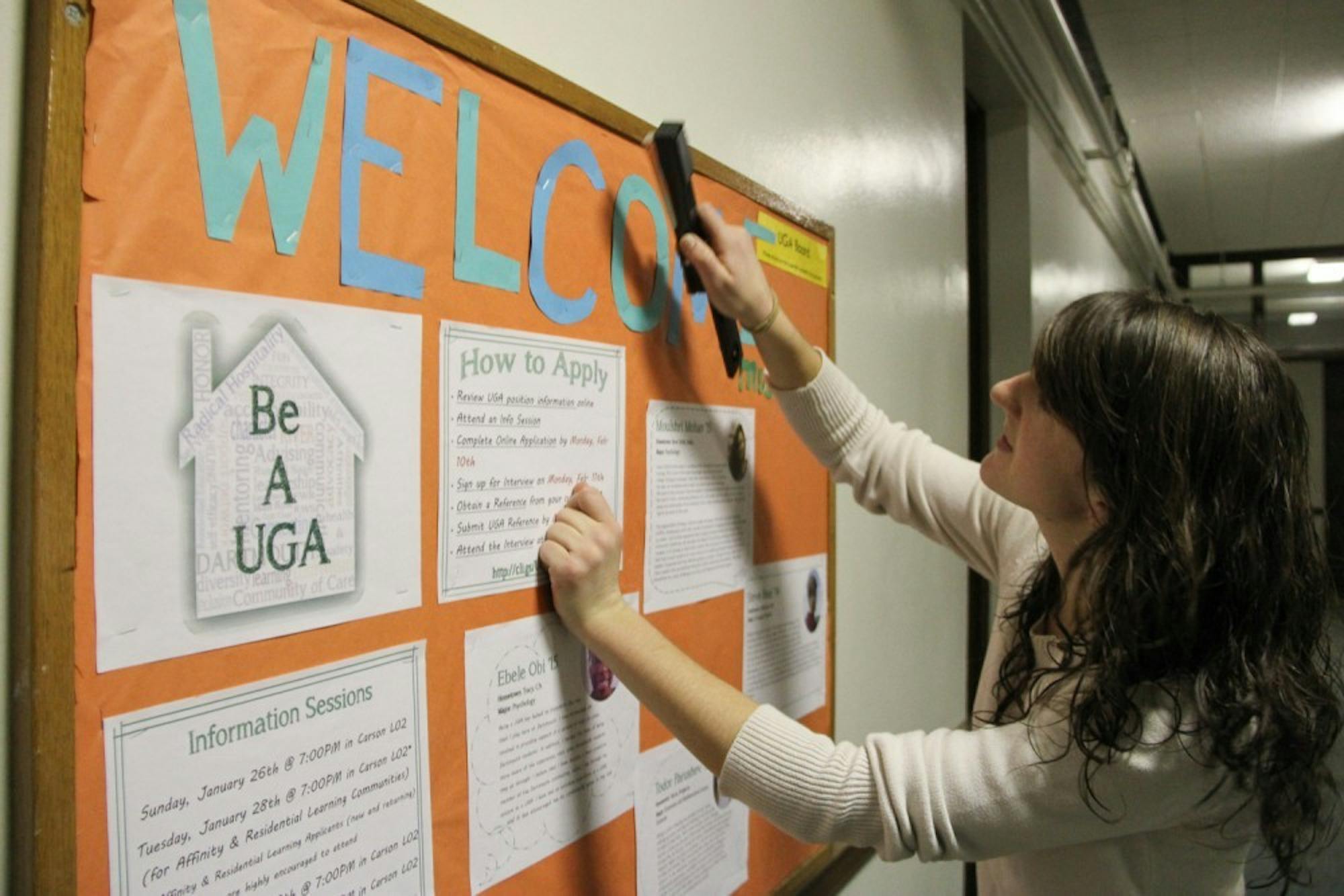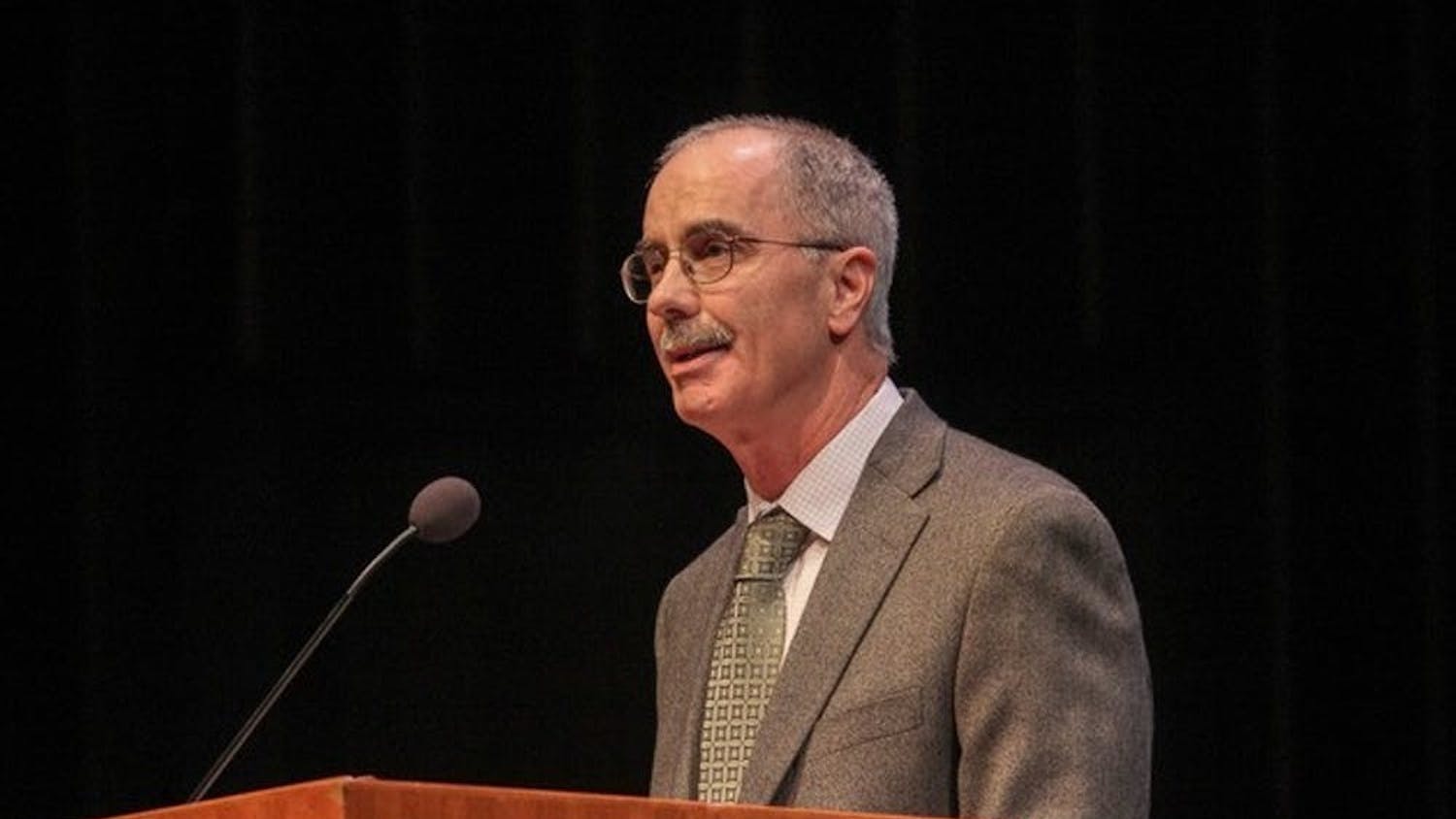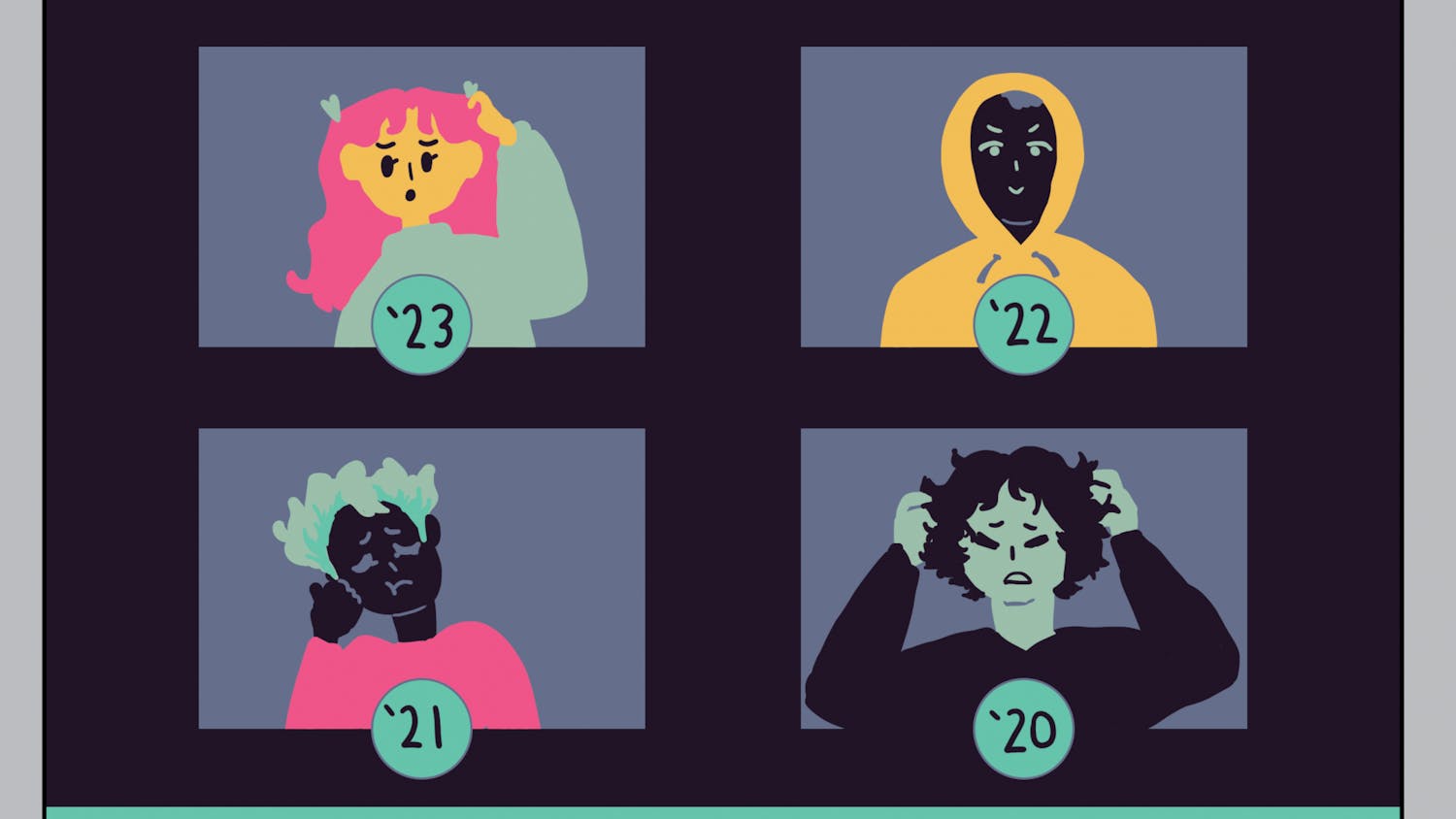Fourteen undergraduate advisors, from those who work in upperclassmen and first-year residences to those who reside in Living Learning Communities, have voiced a variety of complaints against the Office of Residential Life that they are not adequately compensated for training and weekly responsibilities and that the ORL has not been adequately responsive to their concerns.
The group consists of 10 UGAs from the Class of 2021 and four upperclassman UGAs who have held their position for two or more years. A majority have been UGAs for LLCs or first-year floors or both. Several requested anonymity due to concerns about job security.
In particular, the majority of the UGAs interviewed pointed out that they do not receive additional compensation for being on campus to attend training one week before the start of First-Year Orientation, compared to their peers who are hired in the winter and who undergo a much shorter training period. During the fall training period, sessions can last from around 8 a.m. to 6 p.m.
Several UGAs argued that either training could be condensed down to just a few days without losing any substantial information or experiences, or that they should be compensated for the extra time they have to spend on campus away from their families. Many UGAs took issue with training activities that they felt had no relevance to their jobs, such as a scavenger hunt or an overnight camping trip, and other UGAs emphasized that training for UGAs in the winter term only lasts one day. Moreover, some UGAs discussed their desire to see training become more oriented around cultivating relationships with their residents.
“I was abroad this summer, which means I had to go right to training without being able to go home,” one UGA said during fall term. “I didn’t get to see my family at all, and I’m beginning to feel that more as the term goes on.”
Victor Cabrera ’19, who has been a UGA since his sophomore fall, echoed the sentiments of his peers.
“I think training should focus more on underscoring the fact that we are peer mentors, not overseers,” Cabrera said.
However, Allison Green ’19, who has also been a UGA for over two years, said she enjoyed the communications-oriented experience, also called the “Behind Closed Doors” exercise, during her UGA training.
“It’s one of the coolest things we do during training,” Green said. “We go through potential situations that might happen on our floor, and we can learn how to respond to them in situations where we’re surrounded by fellow UGAs so we feel safer making mistakes and we know better if we actually encounter those situations.”
Associate dean of residential life and director of residential education Mike Wooten noted that the ORL has put in a lot of thought about UGA training.
“We certainly think a lot about training and the balance of the amount of time we spend on that,” Wooten said. “It’s certainly not a new question.”
Several of the UGAs said the compensation they received was an insufficient reflection of their work. While the ORL suggests UGAs set aside 20 hours per week for their jobs, many said that their hours extended far beyond this expectation. UGAs must be on call, attend mandatory staff meetings, organize programming for their floors and manage tasks such as maintaining their floor’s bulletin board.
UGAs have become more integral to community building at Dartmouth since the advent of Moving Dartmouth Forward, one UGA said.
“I like how important the job has become on campus,” one upperclassman UGA said. “The only thing is that the pay hasn’t changed, even though the responsibilities do.”
The UGAs called particular attention to the disparity in workloads among upperclassmen, first-year and LLC UGAs.
“Being in an LLC with first-years is by far the most work, because you have to meet the demands of your LLC — which operates outside the ORL — so you don’t get compensated for that,” another UGA said.
The standard compensation for a term as a UGA is $2,000, as well as credit to their meal plan equivalent to the cost of the SmartChoice 5. Returning UGAs receive an additional $100 as part of their stipend.
Another UGA for a freshman LLC said that she believed it was strange all UGAs are paid the same amount despite vast differences in their roles’ demands.
“I’m an upperclassmen UGA, so my residents really only reach out to me if they’re having issues with their rooms or the floor,” one UGA said. “On the other hand, [for] the freshmen UGAs I know, their residents normally talk to them more, they have more questions, they’re more engaged with their UGA. And then LLC UGAs, especially in affinity houses — they’re also responsible for taking care of the house.”
The UGAs of first-year and LLC floors often spoke of their workload as especially burdensome because they must stay later after staff meetings, hold more responsibilities as mentors to their residents and are more firmly expected to build bonds with each resident on their floor. They asked that the ORL acknowledge the differences in UGAs’ responsibilities depending on their positions and that they be paid accordingly.
Wooten acknowledged a slight discrepancy in UGA workloads.
“Their jobs are different from a programming perspective, but I think they’re very similar in terms of their work,” Wooten said. “That is, being part of a network of care, referring students to other resources on campus, their Title IX work and so on.”
Wooten noted that the prospect of paying certain UGAs more than others is not “a very good idea as of now.”
“I’m confident that [the UGAs] are all being compensated at this point with what we can compensate them,” he said.
Some of the interviewed UGAs also voiced concerns about raising these complaints to the ORL, lest they fail to be rehired.
“They have a huge waitlist and a lot of students want to be a UGA, which is why it’s so competitive and demanding on us,” one UGA said.
Some UGAs who are on financial aid noted that their abilities to speak out are particularly stifled by their dependency on their jobs as a source of income.
“Being a UGA is really important to me because I need the money — I’m from a low-income family and I need this job,” one UGA said.
Elizabeth Janowski '21 is the news executive editor of the 177th directorate. Hailing from Brookfield, Wisconsin, she is pursuing a double major in history and film and media studies.




